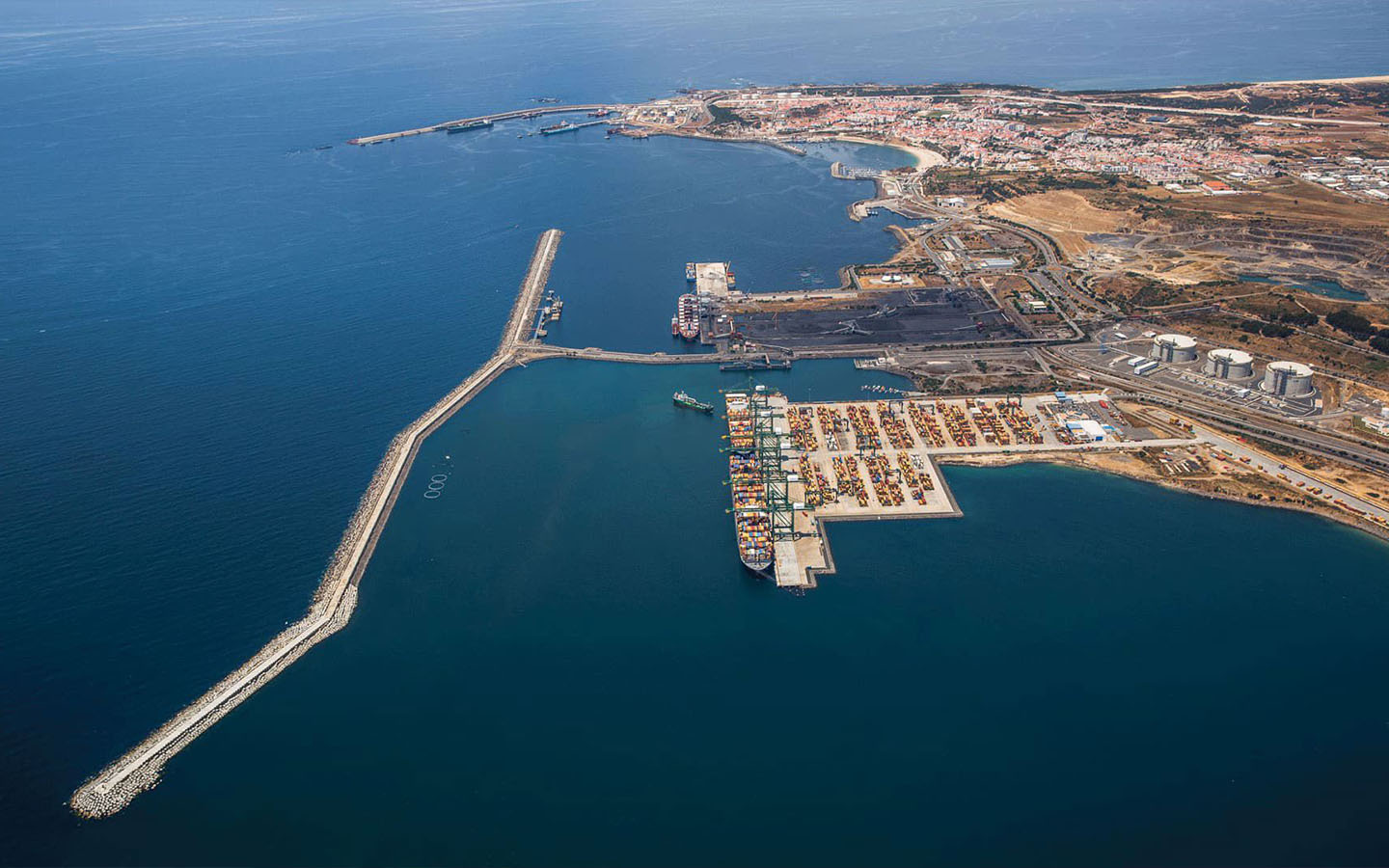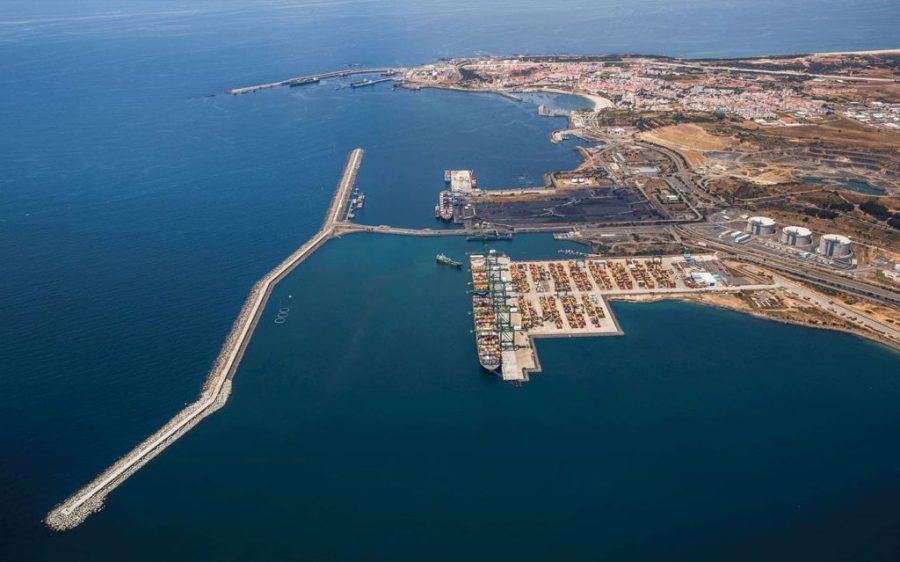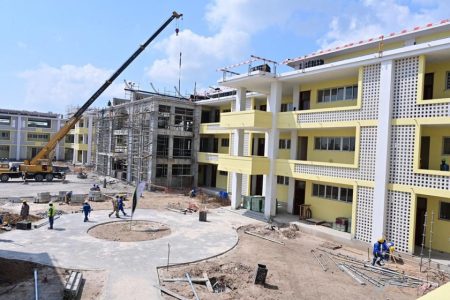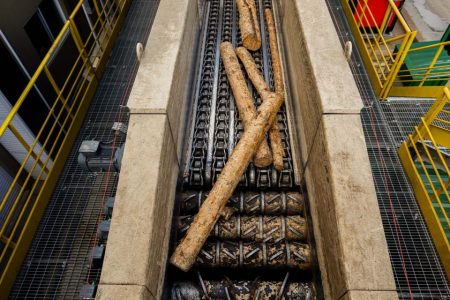China Aviation Lithium Battery (CALB), one of the world’s largest producers of lithium-ion batteries, is to build a 15GWh battery factory in Portugal, reports SAPO.
The US$2.09 billion factory is expected to create 1,800 direct jobs and have a significant impact on the Portuguese economy when it comes online in 2028. The Chinese company expects that the venture, to be built in Sines in southern Portugal, could represent over 4 percent of national GDP when it reaches total production capacity.
According to a statement from Liu Jingyu, president of the CALB board of directors, the development will contribute “to the future of green energy in Portugal” and position the country at the forefront of battery production in Europe, supporting a broader transition to electric vehicles within the European automotive sector.
[See more: Chinese lighting firm set to acquire Mozambican lithium mine]
CALB plans to construct five buildings on a 92-hectare plot in the Industrial and Logistics Zone of Sines (ZILS), for the production of electrodes and cells, assembly, packaging and more, as well as a 5-kilometre high-voltage line. No date has been set for the start of construction, although reports have indicated the second quarter of 2025.
Nuno Mascarenhas, mayor of Sines, told SAPO that he could neither confirm nor deny that date. He said he was working with AICEP Global Parks, the entity managing ZILS, to “ensure that this project is a reality.”
According to the DIA, the CALB project will affect 5.3 hectares of protected cork oak forests and other valuable trees, raising serious environmental concerns. Mascarenhas told SAPO that the municipality’s objective in the environmental licensing process was to “minimise any negative aspects.”






